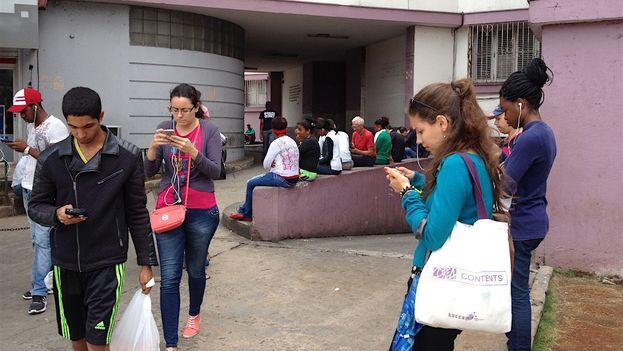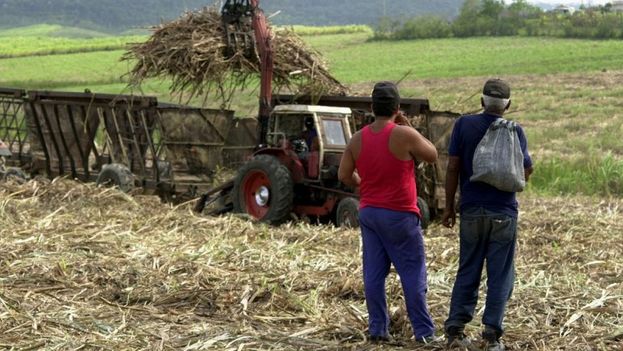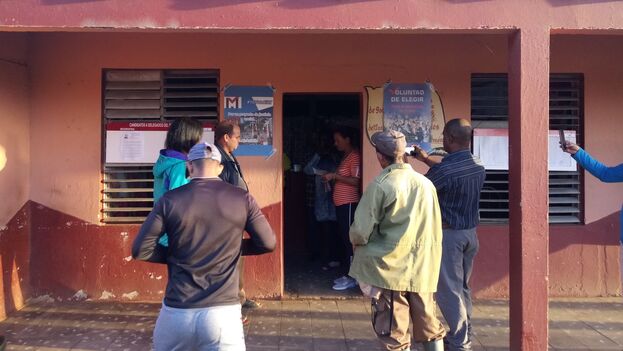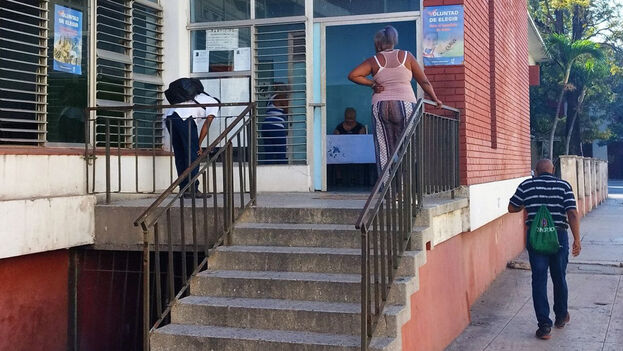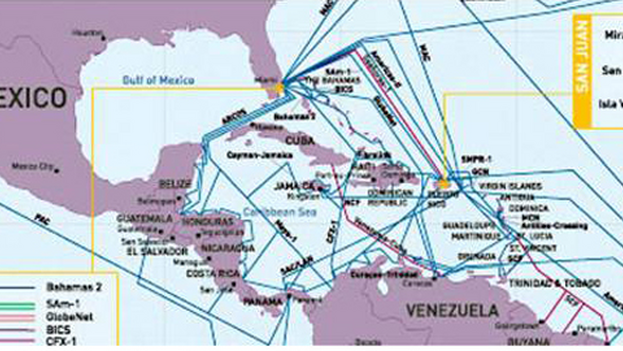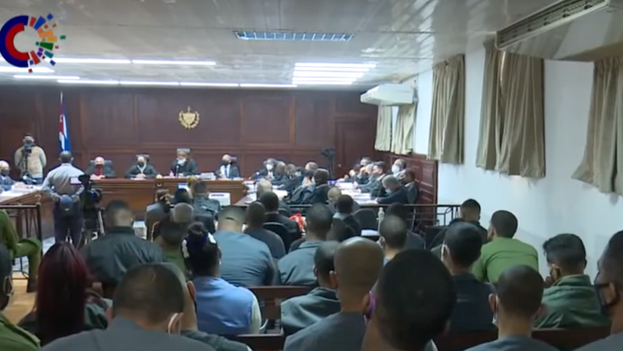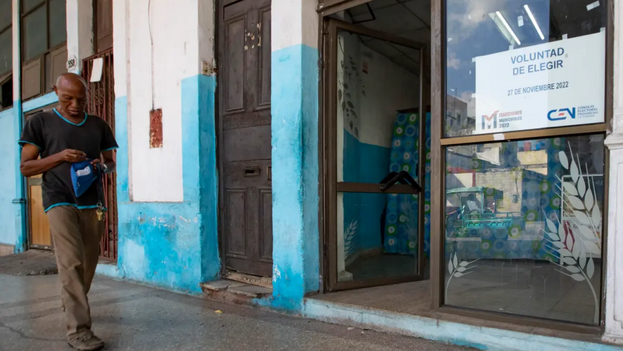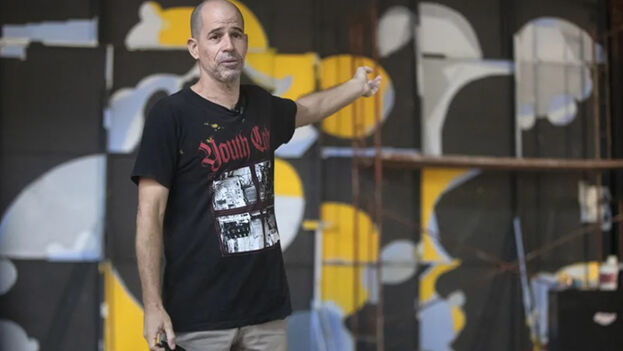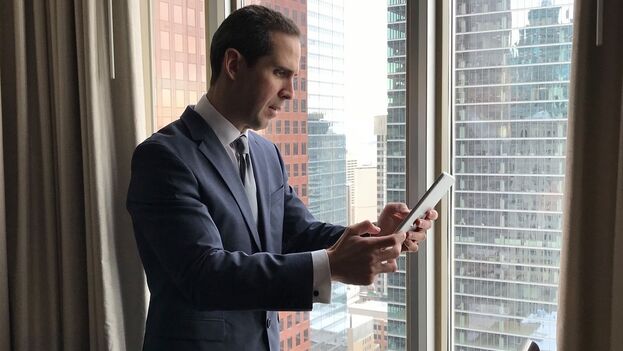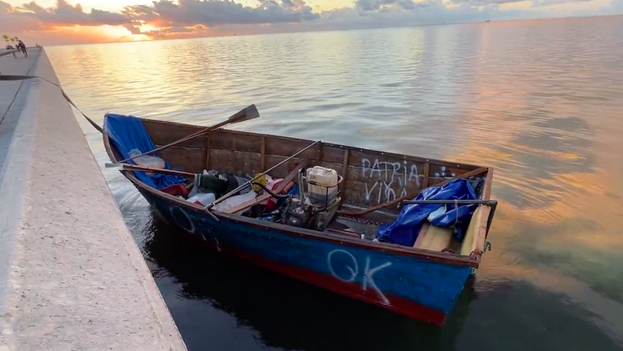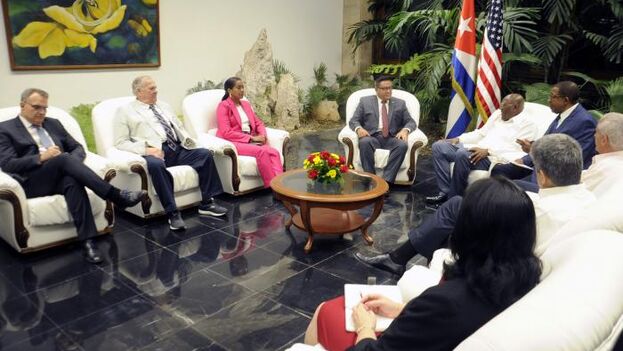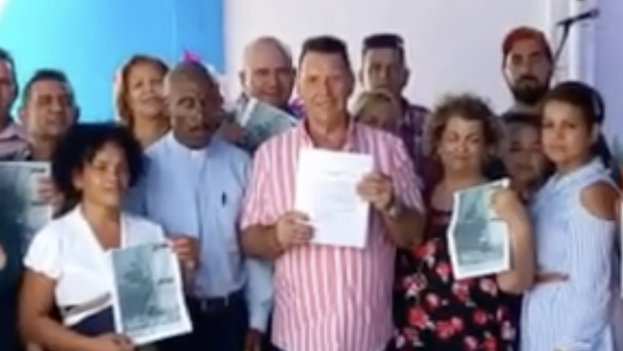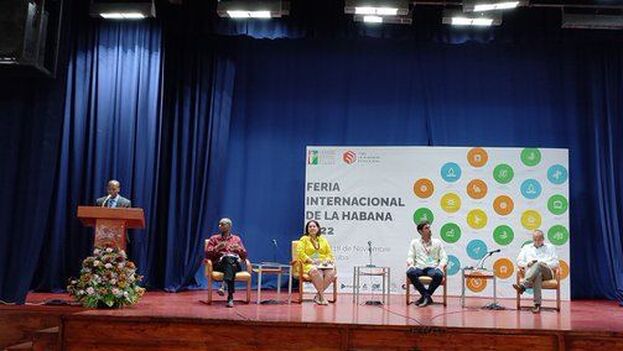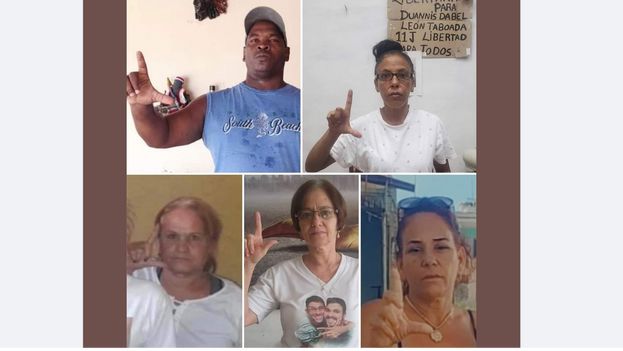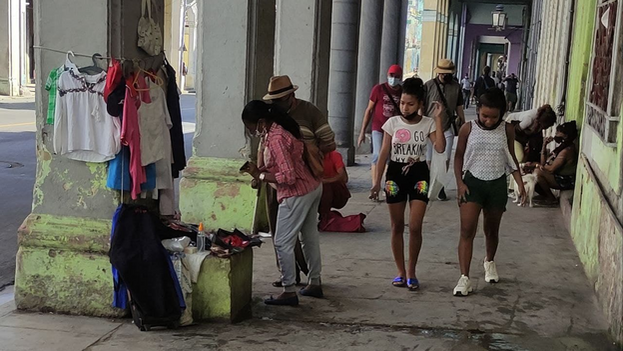
![]() EFE/14ymedio, Havana, 12 December 2022 — The Cuban Government hopes that the national economy will grow by 3% in 2023, compared to 2% this year and 1.3% in the previous year, which would not be enough to recover the levels of 2019, prior to the COVID-19 pandemic.
EFE/14ymedio, Havana, 12 December 2022 — The Cuban Government hopes that the national economy will grow by 3% in 2023, compared to 2% this year and 1.3% in the previous year, which would not be enough to recover the levels of 2019, prior to the COVID-19 pandemic.
The Minister of Economy and Planning, Alejandro Gil, announced these figures when presenting the 2023 Economic Plan on the first day of the tenth session of the current legislature of the National Assembly of People’s Power.
The Cuban regime, by making these data public, recognizes, without openly subscribing to it, that the forecast of the Economic Commission for Latin America and the Caribbean (ECLAC) that the Island would grow this 2022 by only 2% was finally correct compared to the 4% that the Government claimed.
The ECLAC also indicated last October, that the forecast for 2023 is even lower and remains at just 1.8%.
Gil indicated that in 2023 there will be “continued progress in the gradual recovery of the economy,” a “hard” job, although he assured that there are “bright spots, alternatives,” and “solutions.” continue reading
“2023 will be better than 2022,” said Gil, who who urged work to achieve the forecasts, because “nothing is going to fall out of the sky.” “Without triumphalism, but with optimism,” he added.
At constant prices, the gross domestic product (GDP) in 2023 can reach – according to the ministerial plan — 53,931 million Cuban pesos (2,248.4 million dollars), compared to the 52,360 million pesos (2,182.9 million dollars) for 2022, the 51,334 million pesos for 2021 (2,140.1 million dollars), the 50,698 million pesos (2,113.6 million dollars) for 2020, and the 56,932 million pesos (2,373.5 million dollars) for 2019.
“The trend towards growth experienced during 2021 and 2022 is maintained, although the activity levels of 2019 are not yet achieved,” read the minister’s presentation.
Gil appreciated certain “conditions” that favor the economic recovery, such as the control of covid-19, the improvement that is expected for the tourism sector and the “results” of the international tour recently made by President Miguel Díaz-Canel.
Díaz-Canel visited Algeria, Turkey, Russia and China in November with the restructuring of public debt and energy supply as the main points of his agenda.
Cuba suffers a serious economic crisis due to the combination of the effects of the pandemic, the tightening of US sanctions and errors in economic policy.
This situation translates into a deep shortage of basic products (food, medicines, fuel), high inflation, partial dollarization of the economy and frequent and prolonged blackouts.
Translated by Regina Anavy
____________
COLLABORATE WITH OUR WORK: The 14ymedio team is committed to practicing serious journalism that reflects Cuba’s reality in all its depth. Thank you for joining us on this long journey. We invite you to continue supporting us by becoming a member of 14ymedio now. Together we can continue transforming journalism in Cuba.

